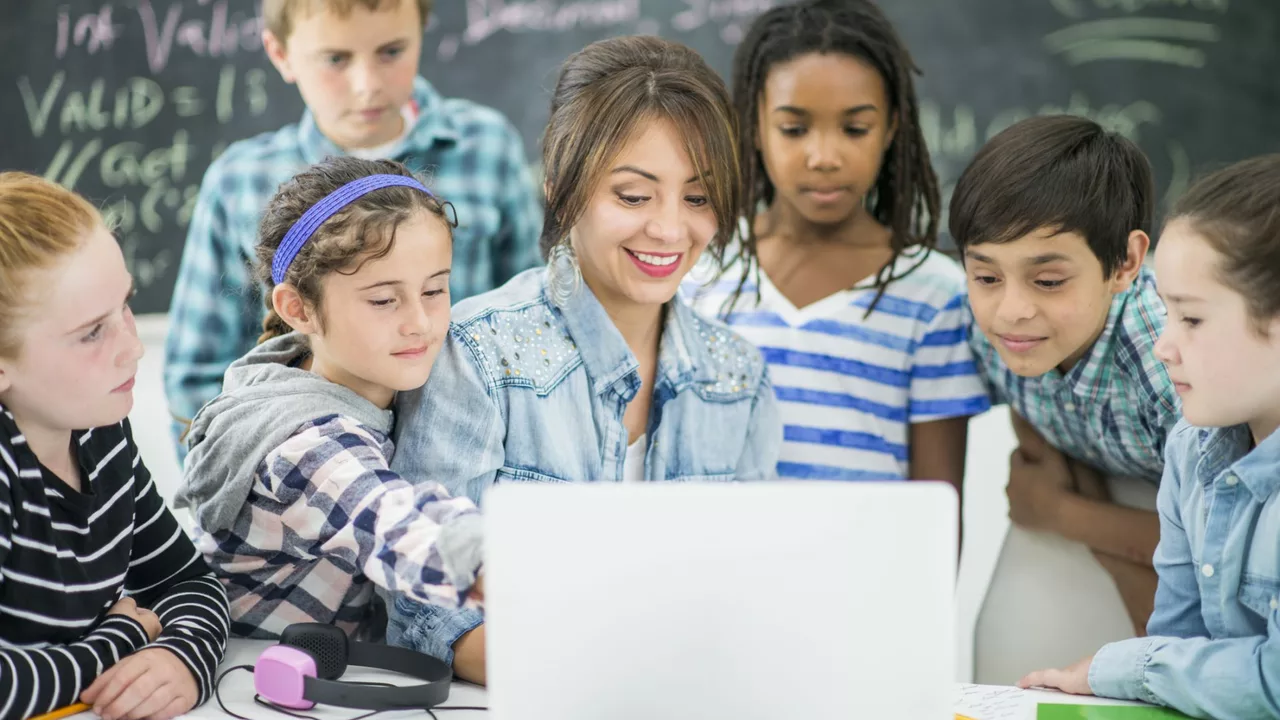
Teaching in Diverse Classrooms: Why Special Education Matters
Picture yourself in a classroom as a young lad or lass—your creativity hasn't yet been boxed in by social constructs, and you see the world with wide-eyed wonder. You're in the classroom with the doodlers, the dreamers, the athletes, and the math whizzes. But in that room, there's also a child who struggles to follow instructions. Still, another may experience difficulty reading from the blackboard. We are all part of the same spectrum of human experience, existing in our unique and amazing ways. As the father of Orion and Cordelia and caretaker of our Maine Coon cat, Atlas, and Golden Retriever, Milo, I've learned that understanding individual differences is crucial in every facet of life, including teaching; hence the importance of special education to a student teacher.
The Revelatory Eye-opener: Understanding Special Education
Special education is a vital component of our educational system, and it plays a crucial role in fostering understanding, respect, and acceptance of diversity. It equips teachers with the tools necessary to provide effective instruction to all students, regardless of their individual abilities or disabilities. As a student teacher, understanding these diverse needs will catapult you from being just a good teacher to potentially being a great one. Not all children learn the same way—and that's okay. Our work is to respect these differences, to meet our students where they are.
Flexible Teaching Strategies: The Differentiated Instruction
Special education isn't just about catering to students with disabilities—it's about celebrating individual differences and finding effective ways to instruct each and every one of them. Here's an exciting little tidbit: in special education, you get to dive into differentiated instruction. This is a pedagogical method that involves adapting the content, process, product, and learning environment to cater to each student's learning needs and preferences. It's like being a culinary chef, mixing ingredients to find the best recipe that caters to different taste buds. The taste buds, in this case, being the diverse learning needs within the classroom.
Lessons in Patience and Empathy
As with rearing children and pets, teaching requires a considerable amount of patience and empathy. Trust me, having two kids and two pets, I have stories that could fill pages—some tear-jerking, some side-splitting. There was an incident with Milo, our Golden Retriever, and a particularly stubborn food container. But I digress. The point is, going into special education will offer countless lessons in patience and empathy, making you not just a better teacher, but a better person.
The Redefinition of Success: Progress, not Perfection
In special education, we recalibrate our success meters. The focus shifts from a uniform benchmark of success to individual progress. Improvement is the new perfect. Renowned author Robert H. Schuller once said, 'Success is never ending, failure is never final.' Special education imbues student teachers with this mindset. It's no longer about churning out a legion of straight-A students (although that'd be great!). It’s about seeing a child who couldn't even hold a pencil, start to write their name, or witness a pupil who would not utter a word begin to participate in class discussions.
The Enhancement of Interpersonal Skills
One of the most significant benefits of special education for a student teacher is the enhancement of interpersonal skills. You learn different ways to communicate effectively with students who may not be able to express themselves in the 'standard' way. These skills are not limited to the classroom setting and can be applied in many aspects of life. This is similar to how I've had to discover new ways to make Atlas, our Maine Coon cat, cooperate during grooming sessions. Who knew a feline would enjoy electro-swing music during bath time? It's about figuring out what works best, leading to better interactions with students, parents, and colleagues.
Driving Inclusive Practices: The Importance of Collaboration
Tonight, I'll call my children, Orion and Cordelia, to set the dinner table. Simple, right? Let's add a twist: Orion has to fold the napkins the way Cordelia likes it, and Cordelia has to place the plates just as Orion prefers. What's happening here is collaboration. Special education places a high premium on collaborative learning, bridging gaps between 'regular' and 'special' students, and fostering an inclusive environment that values every contribution.
In the End: Cultivating a Deep Respect for Individual Differences
In special education, appreciation for diversity is not merely taught—it is lived. Every day presents an opportunity for student teachers to debunk stereotypes and cultivate a deep respect for individual differences. It reiterates that there is no 'one-size-fits-all' approach to education, and that every student can learn and contribute to society in their unique way. As a student teacher in special education, you become an ambassador for inclusion, respect, and acceptance—nurturing future generations through education that truly leaves no child behind.